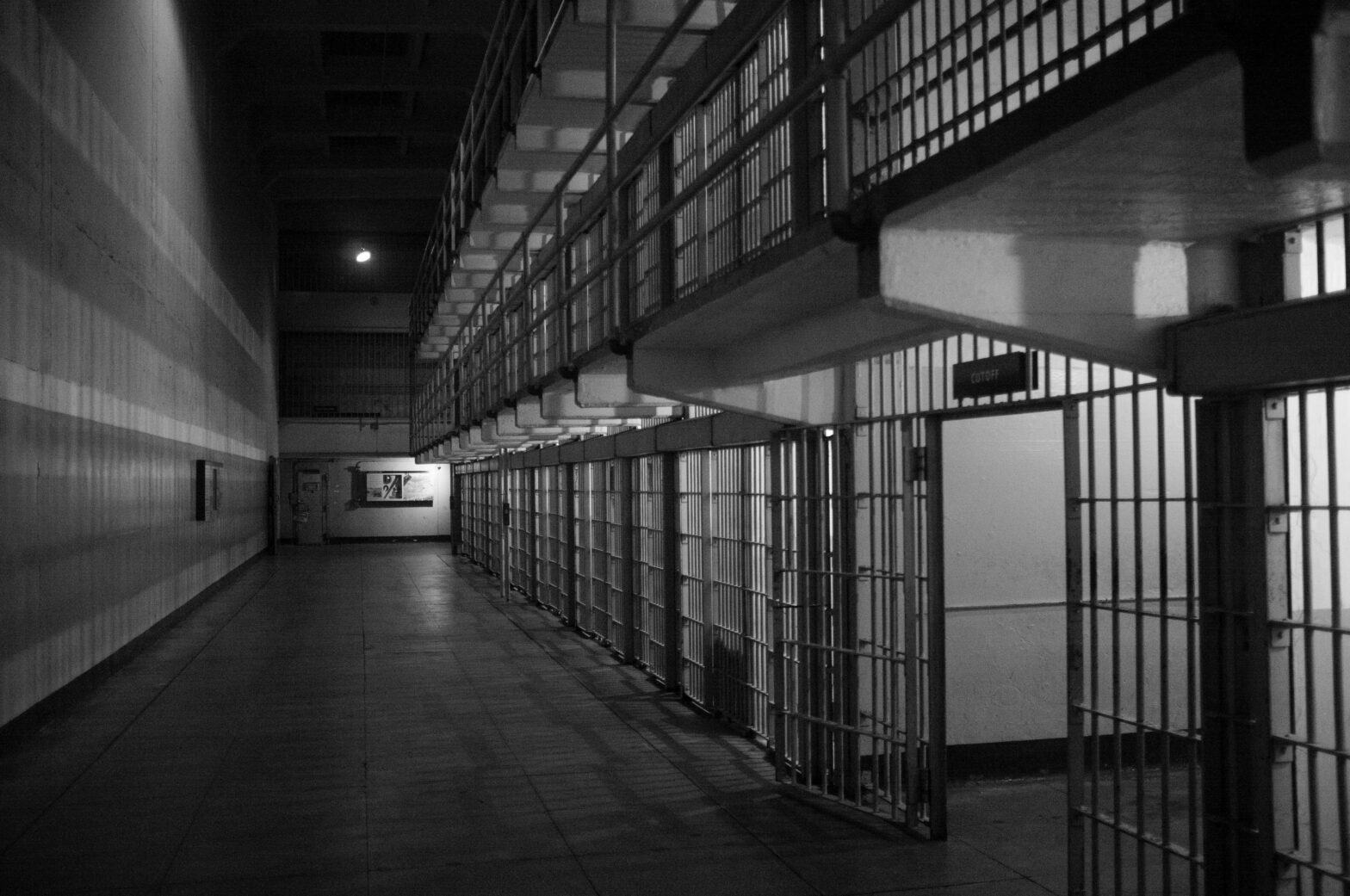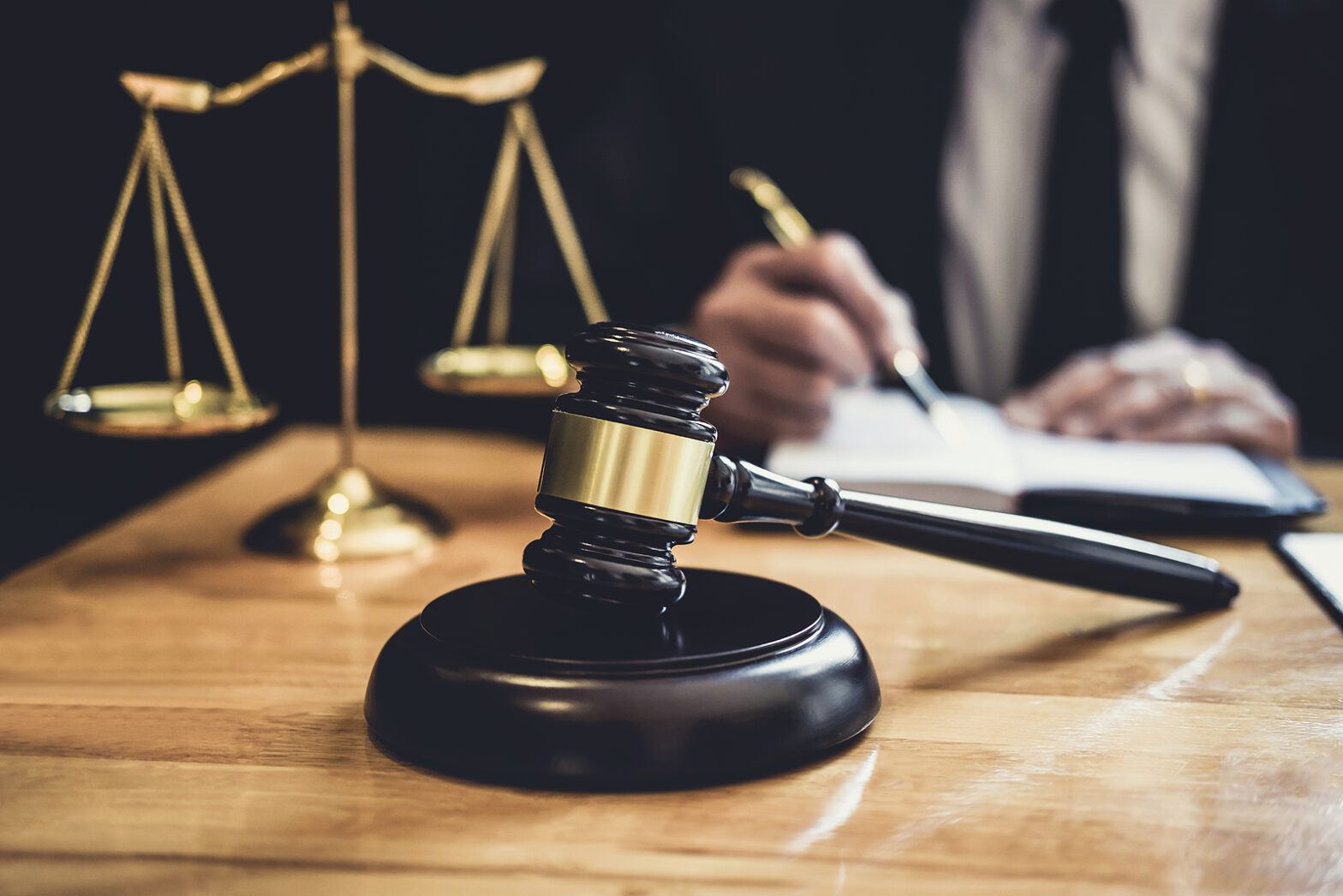How Do Prosecutors Prove Hate Crimes?
What Are Hate Crimes?
California Penal Code Section 422.55 defines a hate crime as a criminal act committed because of an actual or perceived characteristic of the victim, such as the victim’s disability, gender, nationality, race or ethnicity, religion, or sexual orientation. Hate crimes can have an especially devastating effect because they send a message of intolerance and instill fear in the community that has been targeted.
In order for a prosecutor to convict a defendant of a hate crime, he must prove the following elements:
- The defendant used force or threat of force to willfully injure, intimidate, interfere with, or oppress another person in exercising his/her constitutional or civil rights.
- The defendant did so because of an actual or perceived characteristic of the victim listed in PC Section 422.55.
- The defendant intended to do so.
It is worthwhile to note that speech alone can not constitute a hate crime unless it is accompanied by action.
Why Are Hate Crimes Hard to Prosecute?
Despite the recent rise in hate crimes, they remain underreported and difficult to prosecute. This is because it is very tough to prove that there was animus based on a protected category when the defendant adamantly denies it. For example, a crime committed against an Asian woman implicates both race and gender, but that may be hard to prove in the face of someone claiming that it was just a random attack. For prosecutors, hate crimes bring an additional burden of proving that bias was present and motivated the crime. If a prosecutor can already charge someone for assault or murder, he may elect to prosecute it as a non-hate crime because it will result in a more surefire win.

So if this is the case, why would anyone still try to prosecute a defendant for a hate crime? The reason for this is that when a defendant commits a crime that is motivated by prohibited bias as opposed to a normal crime, he faces additional penalties. Under PC Section 422.75, a person who commits a felony that is also a hate crime will receive an additional up to 3 years in state prison.
How Do Prosecutors Prove Hate Crimes?
Although hate crimes are hard to prove, it is not impossible. Prosecutors look at a variety of bias indicators to decide whether or not a crime was committed due to a prohibited bias. These indicators include:
- Defendant’s participation or membership in terrorist or hate groups
- Defendant’s history of committing hate crimes
- Defendant’s comments or gestures before, during, or after the crime
- Defendant’s property such as writings, literature, or symbols that show bias
- Markings or graffiti at the crime scene
- Date of the incident and whether it coincides with a religious or ethnic holiday
The prosecutor can use all of these factors to convince the judge or jury that the defendant acted with prohibited bias. In California, a defendant who is convicted of a hate crime is guilty of a misdemeanor. The penalties for committing a hate crime include:
- Up to $5,000 in fines
- Up to 1 year in county jail
However, as stated above, if the defendant commits a crime which is then also found to be a hate crime, he can be charged with a felony that carries an additional 3 years in state prison.
Contact Wallin & Klarich Today
If you have any questions about hate crimes, or if you have been wrongly accused of committing a hate crime, contact Wallin & Klarich as soon as possible. With 40+ years of experience, Wallin & Klarich is your best choice amongst Southern California criminal defense firms. Our attorneys can answer any questions you may have and guide you through the legal process. We have helped thousands of clients clear their names and restore their reputations after false accusations, and we have the skills and resources to help you as well. You can place your trust in us.
With offices in Orange County, Riverside, San Bernardino, Victorville, Torrance, West Covina, Los Angeles, and San Diego, you are sure to find an available and convenient attorney near you.
Discover how our team can assist you. Contact us today, toll-free at (877) 4-NO-JAIL or (877) 466-5245 for a free consultation with a skilled defense attorney.



